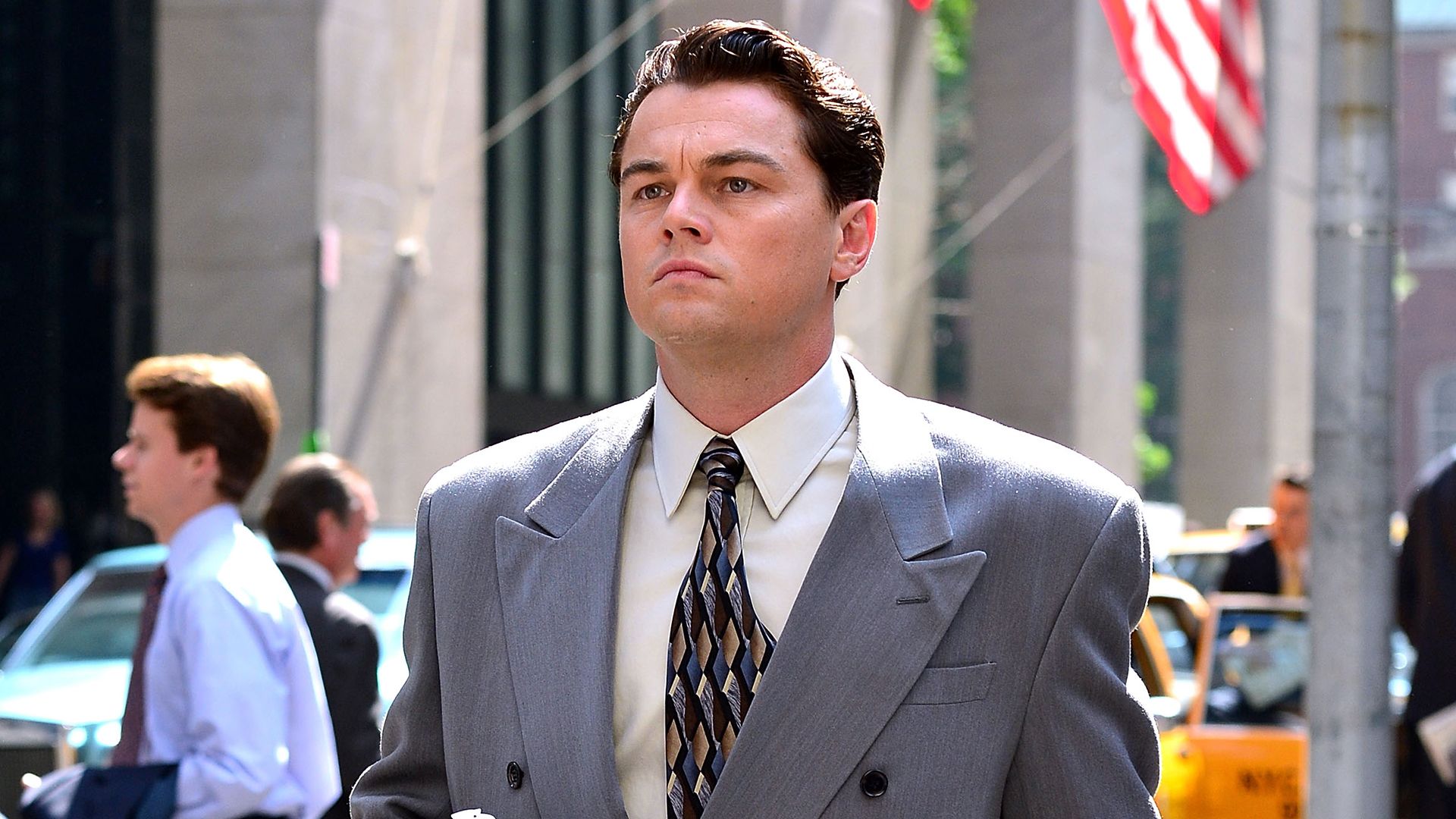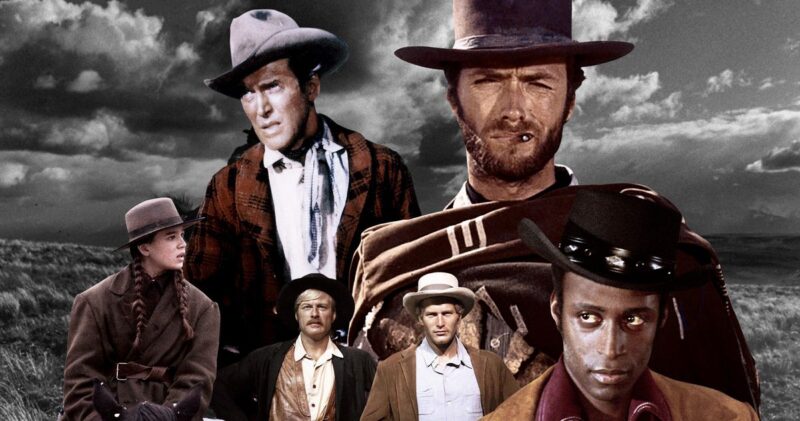In the glitzy realm of Hollywood, accountants often emerge from the shadows of bland conference rooms and stack-laden desks to become unexpected heroes, frenetic anti-heroes, or even enigmatic villains. With numbers as their weapon and balance sheets as their battlefields, these financial wizards challenge the stereotypes that stereotype the profession, often intertwining thrilling narrative arcs with meticulous calculations.
Yet, the portrayal of accountants in film frequently dances on the edge of fantasy, distorting the reality of a profession rooted in precision and diligence. From the tormented protagonist juggling multiple lives to the slick accountant with a hidden agenda, these cinematic characters reveal a mythos that captivates audiences while leaving accuracy in their wake.
Join us as we delve into the world of accountants in movies, unpacking the myths Hollywood loves to tell and exploring how the big screen reshapes our perception of those who keep our fiscal lives in check.
Debunking the Myths: What Movies Get Wrong About Accountants

When it comes to Hollywood’s portrayal of accountants, the clichés often overshadow reality, painting a picture of dull, number-crunching robots existing in a world devoid of excitement. The truth? Accountants are far more dynamic than celluloid enthusiasts would have you believe.
While films often depict them hunched over stacks of paperwork and calculators, the daily life of an accountant is a rich tapestry of collaboration, problem-solving, and strategic thinking—they’re not just bean counters; they’re acrobats of numbers navigating complex financial landscapes. Moreover, movies love to exaggerate the mystique of accounting as a male-dominated field filled with secretive dealings and shady characters, but the profession is increasingly diverse and deeply ethical.
So, the next time you see an accountant on screen, ask yourself if what’s being shown is truly a reflection of the multifaceted, innovative thinkers that many in the profession have become.
The Art of Deception: How Films Misrepresent the Accountants Role
In the realm of cinema, accountants often emerge as unlikely heroes, shrouded in an aura of intrigue that distorts the true nature of their profession. Films portray them as savvy sleuths, unraveling corporate mysteries with the same flair as seasoned detectives, armed not with a magnifying glass, but with balance sheets and a calculator.
Yet, the reality is far more mundane, as the day-to-day tasks of accountants primarily involve meticulous number-crunching, compliance, and a relentless attention to detail. While movies might romanticize the role—depicting accountants as the masterminds behind financial schemes or the saviors of a flailing organization—the truth lies within the confines of office cubicles and tax codes.
Nonetheless, Hollywoods penchant for conflating finance with high-stakes drama creates a tantalizing narrative that keeps audiences captivated, even if it sacrifices accuracy for entertainment value. The character of the accountant may thrive in a world filled with suspense and allure, but these on-screen portrayals often sidestep the reality of a profession grounded in diligence and precision.
From Ledger to Legend: Iconic Accountant Characters Through the Years

From the suit-clad heroes of the silver screen to the underestimated office warriors crunching numbers behind the scenes, accountants have transcended their ledger-bound origins to become legendary figures in cinematic history. Characters like Arthur Andersen in The Wolf of Wall Street exemplify the cutthroat intersection of ethics and ambition, while the quirky, yet genius portrayal of Kevin Spaceys Lester Burnham in American Beauty peeks into the soul beneath the spreadsheets.
Then theres the iconic presence of the unassuming accountant in The Accountant, where the seemingly mundane transforms into action-packed drama, showcasing intellect as a weapon. Over the years, these portrayals have shifted from the stereotype of the dull pencil pusher to multifaceted personalities that navigate the treacherous waters of finance and morality, proving that within the world of numbers lies a rich tapestry of storytelling that continues to captivate audiences.
As Hollywood spins its narratives, accountants emerge not merely as support characters, but as titans of intrigue, deception, and even heroism, challenging our perceptions of who they truly are.
Conclusion
In conclusion, the portrayal of accountants in Hollywood often strays far from reality, veering into the realm of sensationalism and myth-making that captivates audiences but misrepresents the profession. While movies may dramatize the lives of financial professionals, the true expertise and contributions of accountants, including roles like Group Financial Controller Recruitment, are grounded in meticulousness and dedication to accuracy. By recognizing these discrepancies, we not only foster a more accurate understanding of the accounting profession but also appreciate the integral role these professionals play in the financial health of organizations.
As cinema continues to shape public perception, it remains essential to bridge the gap between myth and reality, celebrating the genuine work of accountants that drives both businesses and economies forward.


